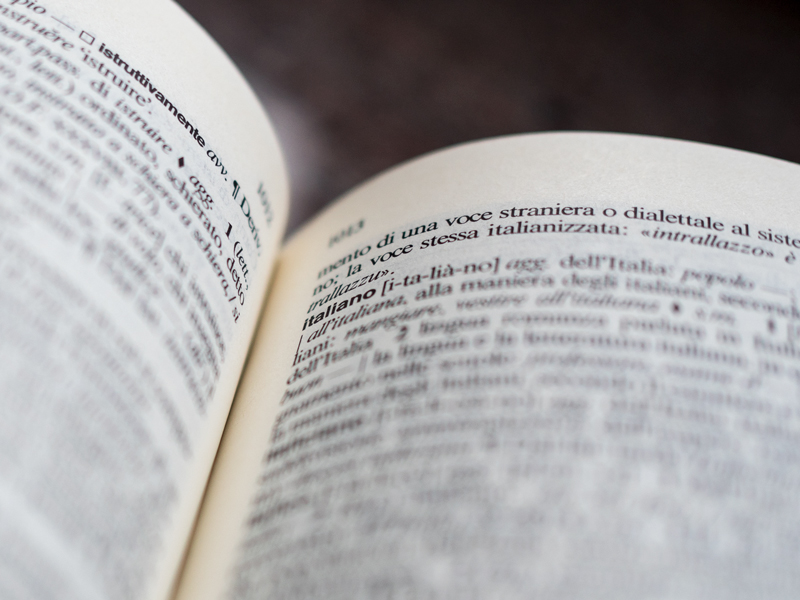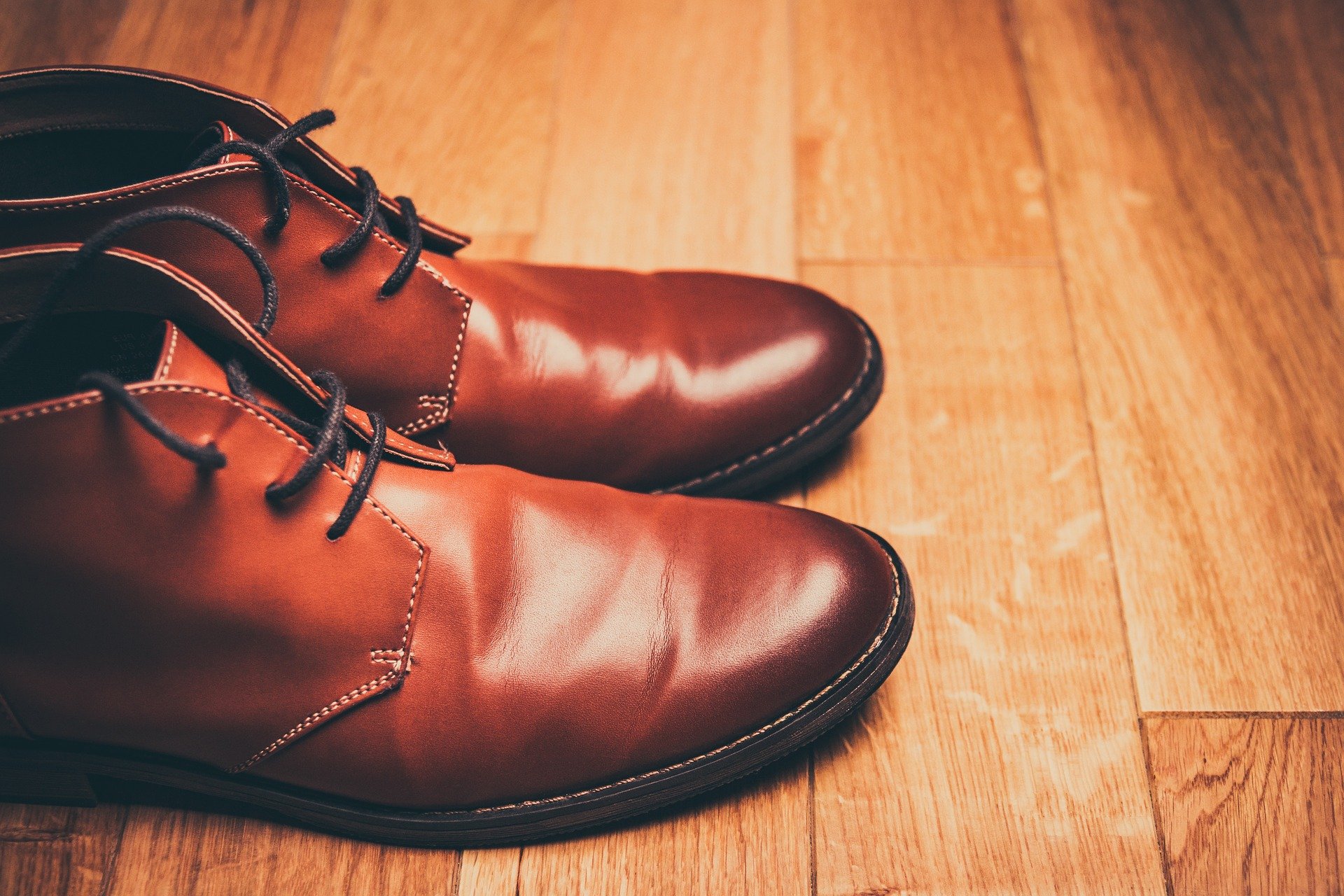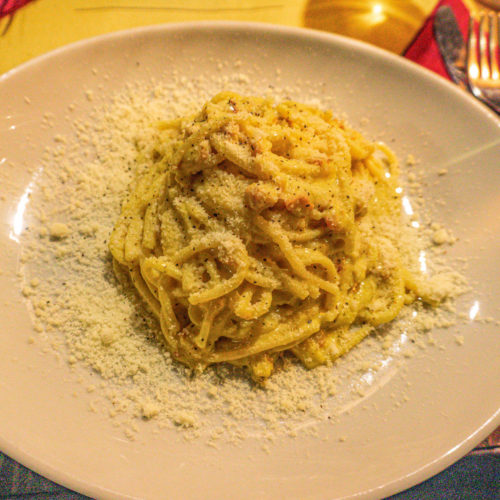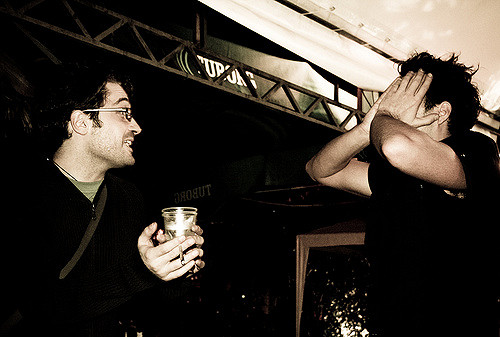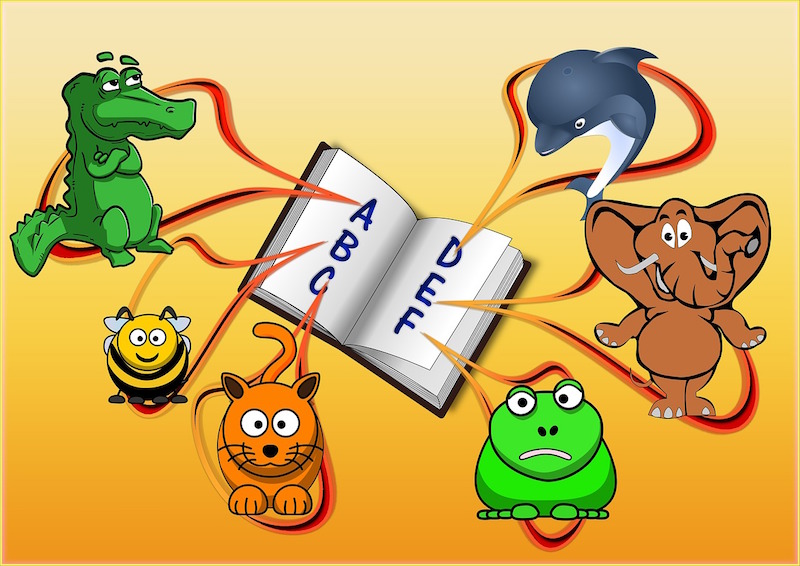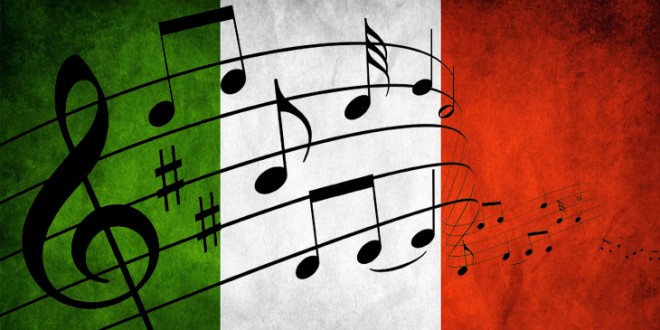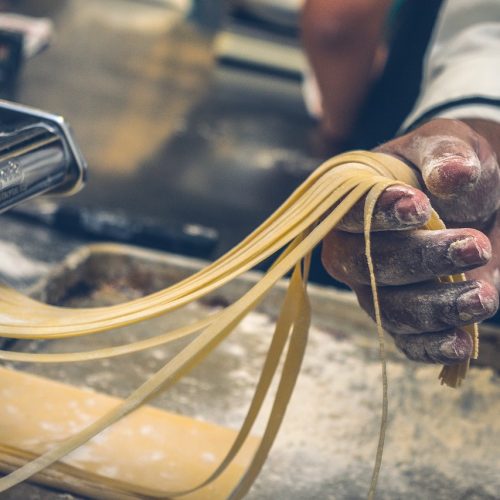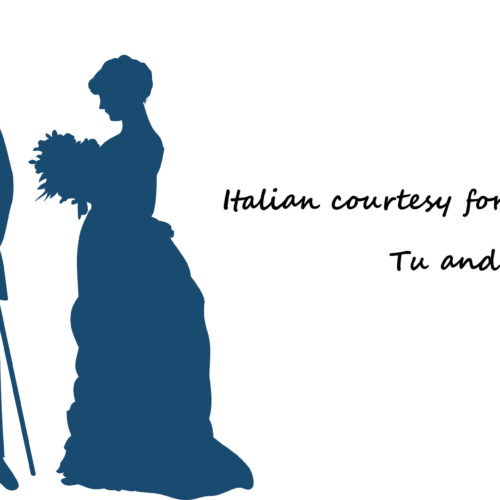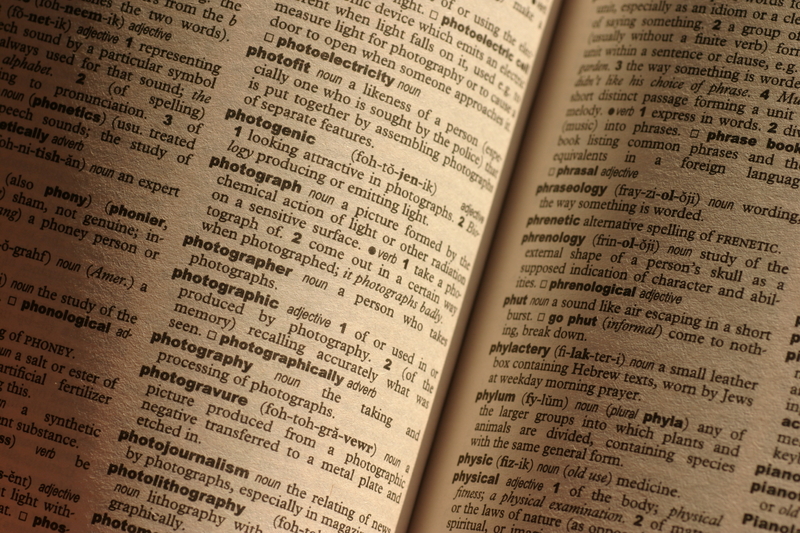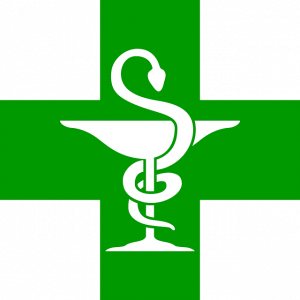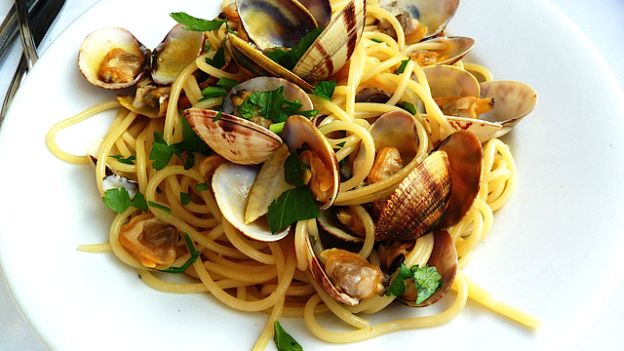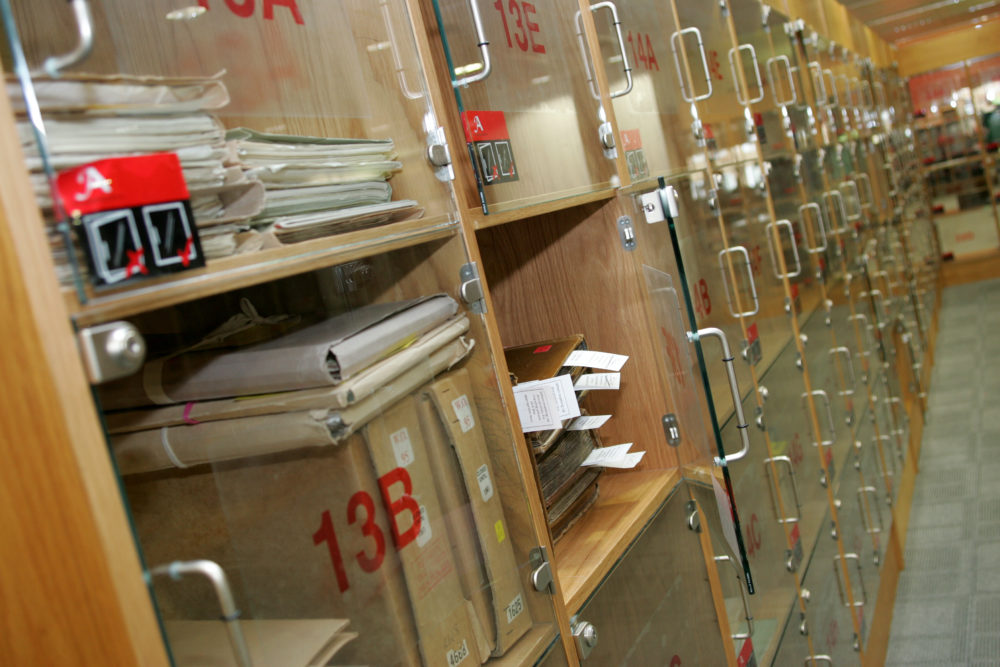Adjectives describe, qualify or modify nouns and pronouns. They can also be descriptive when describing the noun in detail by assigning an attribute to that noun. In English adjectives generally come before the noun they modify, in Italian they come after. In Italian the adjective and noun must also have to agree in number and gender. Adjectives precede the noun when the adjectives indicate a valuation, impression or a judgment of the speaker. These are known as accessory adjectives (words like “beautiful,” “thin,” and “large,” etc.) If you ask yourself how/what (com’e) something is you will probably come up with the proper descriptive adjectives. For instance:
This is a house. (no adjective) = Questa è una casa.
This is a big and beautiful house. (with adjectives) = Questa è una casa bella e grande.
In this example each adjective tells describes another element of the house.
Claudia è una ragazza. = Claudia is a girl. (no adjective)
Claudia è una ragazza intelligente. = Claudia is an intelligent girl ( con aggettivo)
As you can see the addition of adjectives changes the meaning of the sentence. While adjectives are not always necessary, but they are important because they allow us to be specific in our thinking and description.
Adjectives for More Than One Noun
An adjective referring to more names of the same genre gets the plural of that genre. For example, “ho comprato una scatola e matite nuove.” (“I bought a new pencil case and pencils.”) In Italian, if an adjective refers to a different genre, but all the nouns are singular then the masculine plural of the adjective is used. ie:
Passeggio con un signore ed una signora anziani = I’m walking with an older man and woman.
Cappello e borsetta moderni = Trendy hat and purse.
While an adjective modifying two nouns of different genders is always masculine. For example, “i padri e le madri Italiani” (“Italian fathers and mothers.”) If an adjective refers to more names linked by the conjunction O it is preferred to match the adjective to the closest name: Preferisci una rosa O un garofano rosso? Or better: preferisci una rosa rossa O un garofano rosso? Indosserai la giacca o il soprabito nuovo?
The substitution of an adjective for a noun referring to a person or object with a particular quality is more common in Italian than in English. For example:
La ragazzina vuole comprare il gelato = The young girl wants to buy an ice cream.
I giovani di oggi sono viziati = Young people today are spoiled.
Ci sono pochi bambini in Italia = There are few children in Italia
Descriptive adjectives usually agree in gender and number with the noun they qualify, as I already said previously,and they usually follow it. Adjectives ending in E mantain “e” for both masculine and feminine singular, changing to an -i in the plural.
Claudia e Franco sono portoghesi = Claudia and Franco are Portuguese.
If there are two or more nouns of different genders, adjectives get the masculine ending:
Tullio ed io siamo italiani = Tullio and I are Italian.
Adjectives: Before or After the Noun?
Sometimes adjectives are placed either before or after the noun, depending on the placement the meaning can change:
Una amica vecchia (a friend who is old) or una vecchia amica (we have been friends for a long time.)
Una grande donna (a great or courageous woman), una donna grande (a large woman).
Some adjectives that change meaning according to their position:
- figlio unico (the only son), un figlio unico nel suo genere (a unique son)
- l’unica occasione (the only chance), un’occasione unica (a unique opportunity)
- un’amica vecchia (an old friend, age), una vecchia amica (an old friend)
- diversi giorni (several days), giorni differenti (different days)
- un alto ufficiale (a high-ranking officer), un ufficiale alto (a tall officer)
- una buona famiglia (a wealthy family), una famiglia buona (a honest family)
- una donna povera (a poor woman), una povera donna (a very sad woman)
In this lesson we learned how important adjectives are, especially descriptive adjectives, which in Italian need to be used correctly in order to enrich your sentence and elaborate on the noun in it.
Exercise:
Find the correct adjective: Come si dice chi non ha più capelli? Calvo
1. Chi non ha più denti
2. Chi non può più lavorare per la vecchiaia e le malattie
3. Chi non vede da lontano
4. Chi affronta imprese per le quali non ha requisiti
5. Chi sa molte cose su un argomento
6. Chi è una persona responsabile
7. Chi compie imprese difficili
8. Chi vuole ottenere subito dei risultati
9. Chi inciampa spesso
10. Chi non è mai sicuro di niente
Answers:
Sdentato,malato, miope, incosciente, colto, affidabile, coraggioso, impaziente, maldestro, insicuro.
By Elisa Bressan

